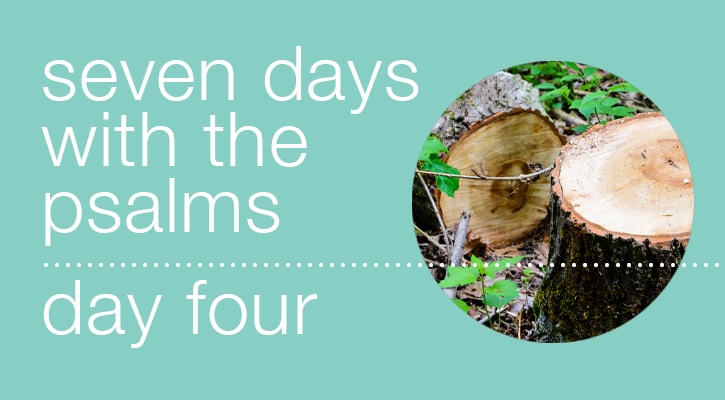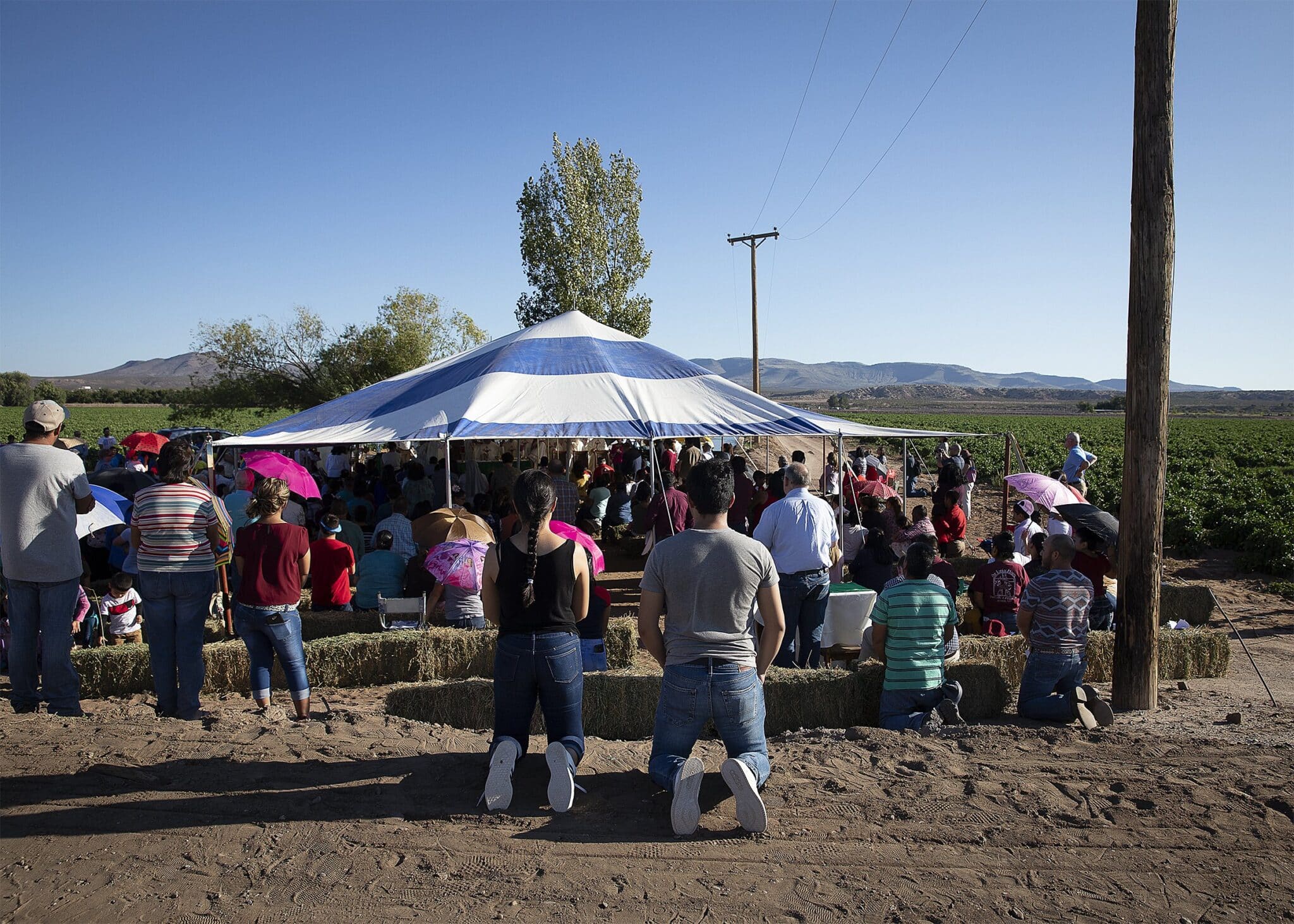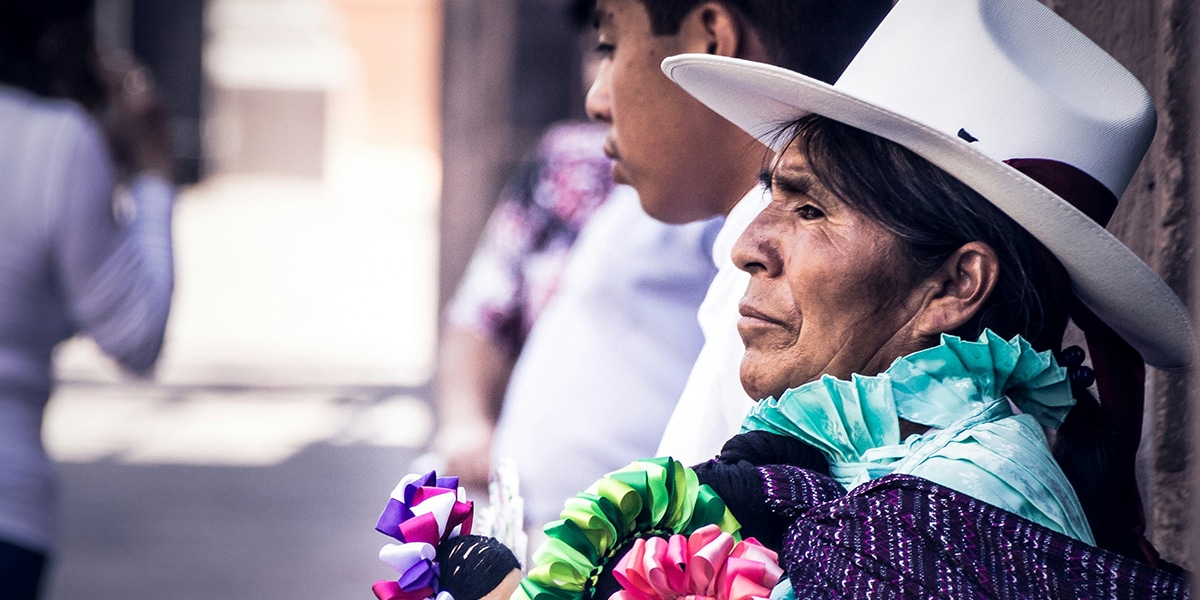The woods along the Farmington River are clear and quiet, except for my own footsteps on the icy gravel. The overlap of branches, the thatch of it all, and then one lone woodpecker fills the air with tapping into bark, the puncture of a rotting trunk. Pure silence, even more pronounced, when the woodpecker is gone.
I was enraged when I first beheld what the hard-hatted workers in green fluorescent vests had done this past year to these woods to build the new bridge at the end of Old Farms Road. My first thoughts were, Oh my God, they raped it. Thousands of old trees were decimated, their tree-trunk bodies swept away, leaving ugly acres of amputated stumps.
But astonishingly, as they bulldozed, they found evidence of people having lived here 12,000 years ago. This stunning revelation has become the oldest and largest cache of artifacts—15,000—that’s ever been found in all of Southern New England. The poet in me is intoxicated by this finding, that these ancient people of the Paleoindian Period ate water lilies, left behind jewelry, ate turtles (like the ones sunning themselves in summer on fallen lake-logs), and that during their time—and I can barely get my mind around this—mammoths existed.
“Modern life,” “suburban crawl,” the rising population, whatever we call it, pushes us into secular places where land is ripped apart and the pieces are discarded with no sense of attachment. But pieces returned, unearthed, providing such a sense of wonder that these Native Americans walked on this exact land over 12,000 years ago. I’m breathless imagining who moved through this forest.
People have been the same throughout time; I sense the shy boys and girls, way back, growing up, growing older, becoming lovers, time passing, their children shrieking through the vines. This valley is idyllic even with the encroaching prefab housing developments and generic strip malls, but it must have been so peacefully tranquil and perfect back then. One thing I’m certain of: Whoever these people were, they loved this flowing river as fiercely as I do. I feel connected to them in this love.
The beauty of being human is to turn to our spiritual ancestors, to cherish what they left behind, what remains. What has lasted? What has endured? Where can we turn for anything permanent when our loves, and our lives, are so exquisitely and heartbreakingly impermanent? Something is shifting in me, very far inside, as I am turning to these old psalms, reading them every day. I am starting to believe, throughout these millenniums, there’s been something unfailing and steadfast. And I think it might be God.
Wisdom from the Psalms
Isn’t it deeply reassuring to know that people have been seeking and finding God within the psalms for thousands of years? Countless generations have found comfort in words such as…
“They rejoiced that the sea grew calm, that God brought them to the harbor they longed for” (Ps 107:30).
Today, notice how the abundant images of animals, weather, and landscape in the psalms anchor our experience of reading them.








